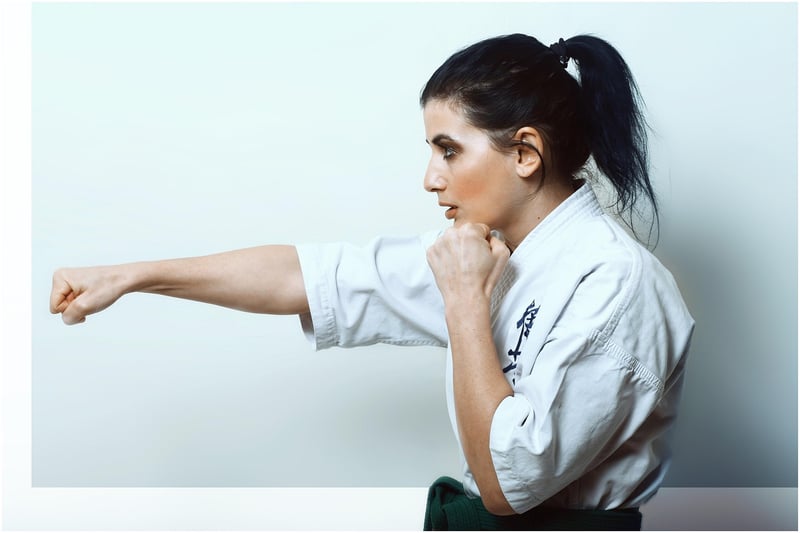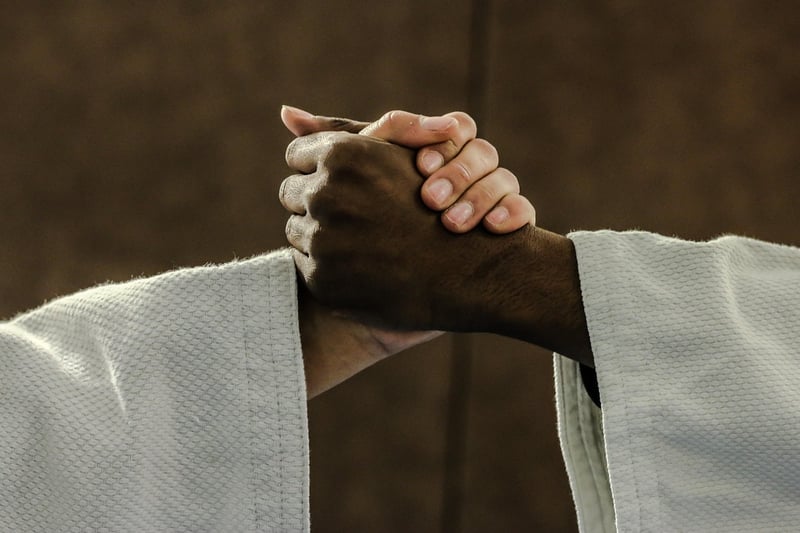Judo
The Art of Self-Defense and Discipline in Judo
Self-defense is a valuable skill that empowers individuals to protect themselves in various situations. When it comes to martial arts that focus on self-defense and discipline, Judo stands out as an effective and holistic practice. Judo, which translates to "gentle way," emphasizes using an opponent's strength and force against them, making it suitable for individuals of all ages and sizes.
The Principles of Judo
Judo is more than just a physical practice; it is a way of life that promotes discipline, respect, and self-improvement. Some key principles of Judo include:
- Jita Kyoei: Mutual benefit and welfare
- Seiryoku Zenyo: Maximum efficiency, minimum effort
- Judo Etiquette: Bowing, respect for opponents, and instructors
Benefits of Practicing Judo
Engaging in Judo training offers a wide range of benefits, including:
- Improved physical fitness and coordination
- Enhanced self-confidence and mental focus
- Effective self-defense techniques
- Stress relief and relaxation
- Development of discipline and respect
Training in Judo
Training in Judo involves learning various techniques such as throws, pins, joint locks, and submissions. It also includes Randori, which is a form of free practice where practitioners apply their skills in a controlled but dynamic environment. Judo practitioners wear a traditional uniform called a Judogi and practice on a mat called a Tatami.
Find a Judo Dojo Near You
If you are interested in learning Judo and reaping its numerous benefits, you can find a Judo dojo near you by visiting the USA Judo Club Finder.

Whether your goal is to improve your physical fitness, learn self-defense techniques, or cultivate discipline and respect, Judo offers a comprehensive training experience that can positively impact various aspects of your life.
